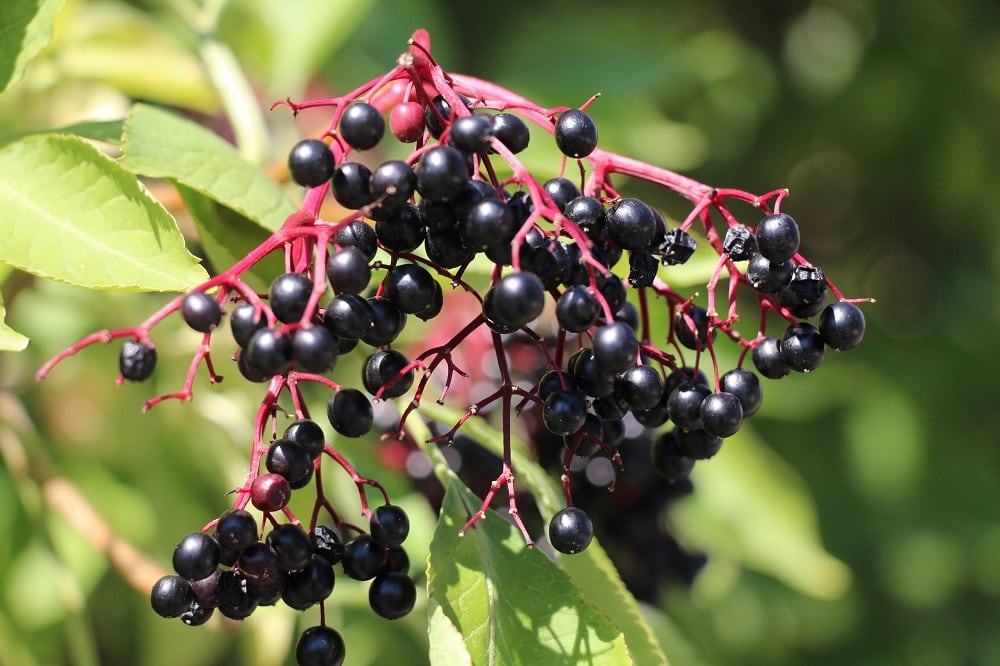The sale of such ‘depleted’ material is legally defined as food fraud in some countries, noted the bulletin, which was authored by Allison McCutcheon, PhD, an expert in herbal medicine research in Vancouver, British Columbia.
“This is the first BAPP adulteration bulletin that focuses on the sale of depleted extracts, in which beneficial constituents are knowingly removed from concentrated standardized extracts, and the remaining botanical material is resold without declaring that important, therapeutically-active plant chemicals are absent, or present at very low concentrations,” said Stefan Gafner PhD, chief science officer of the nonprofit American Botanical Council (ABC) and technical director of BAPP.
Market implications
In the US, sales of herbal supplements with Milk Thistle reached $16,244,188 in the US Mainstream Multi-Outlet Channel in 2019 (number 23 on the list), with an additional $10,010,699 in sales reported from the Natural Channel (number 10 on this list), according to latest HerbalGram’s Herb Market Report.
Dietary supplements and herbal medicinal products made from the extracts of milk thistle (Silybum marianum) fruit are widely used by consumers to support liver health, including for people with alcohol- or drug-induced hepatitis and cirrhosis, and treatment of dyspepsia and gallstones.
The therapeutic benefits of milk thistle fruit extracts are due to the silymarin, a collective term denoting a mixture of chemicals known as flavonolignans.
Silymarin content standardization for milk thistle extracts is well defined in official monographs such as those published in European and US pharmacopeias.
The new bulletin reviewed data from multiple peer-reviewed publications, and found that while the silymarin content in some commercial dietary supplements may differ from that listed on product labels possibly due to different analytical methods, published data also point to the occurrence of fraudulent products wherein the silymarin has been reduced or removed without the knowledge of the buyer.
“Such practices are known to occur in the spice industry, for example with black pepper, from which the pungent compounds are sometimes extracted and sold to the flavor industry, while the extracted peppercorns are dried, mixed with genuine peppercorns, and sold to the spice industry simply as ‘black pepper’,” said Dr Gafner.
“Similarly, in the case of milk thistle, the extracted silymarin complex can be sold at higher prices to the phytomedicinal and dietary supplement industry, while the leftover spent milk thistle fruits might be re-extracted, and those depleted extracts or fruits might be misrepresented as genuine to unsuspecting buyers.”
Bulletin
The bulletin, which can be read HERE, summarizes the published data on quality issues with milk thistle extracts, details analytical methods to detect adulteration, and informs on the nomenclature, production, and market importance of milk thistle extracts.
Twenty-seven medicinal plant experts from academia, government, contract analytical laboratories, analytical equipment manufacturers, and the botanical dietary supplement industry provided input on the bulletin during the peer-review process.
The presence of depleted material on the market presents potential serious concerns for consumers using those products.
“The sale of products labeled as containing milk thistle but lacking the claimed ingredient and containing unidentified adulterants instead potentially may also pose a health concern,” wrote McCutcheon.
“However, it is a risk which may be prevented with appropriate supply chain qualification and adequate quality control, and quality assurance protocols.”





